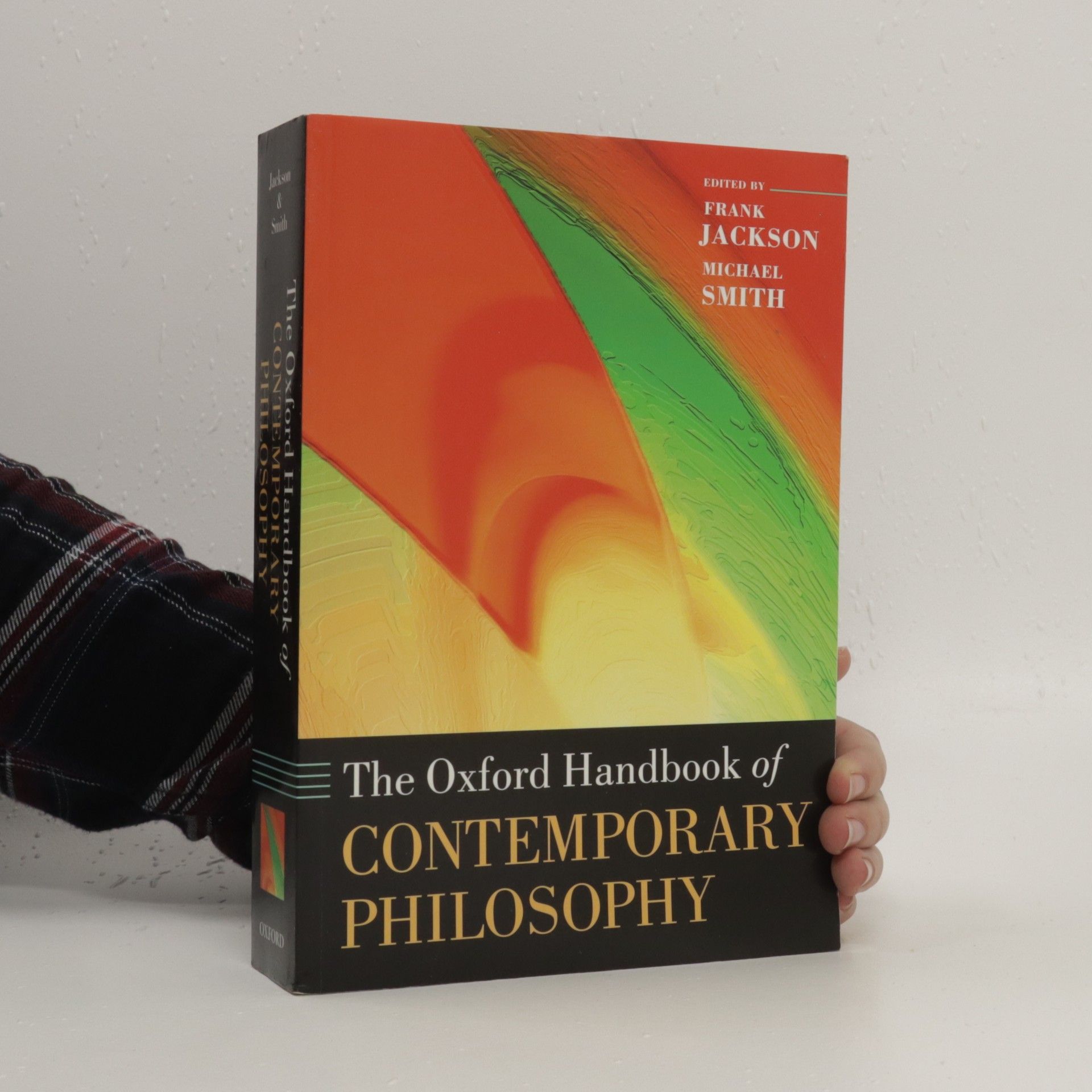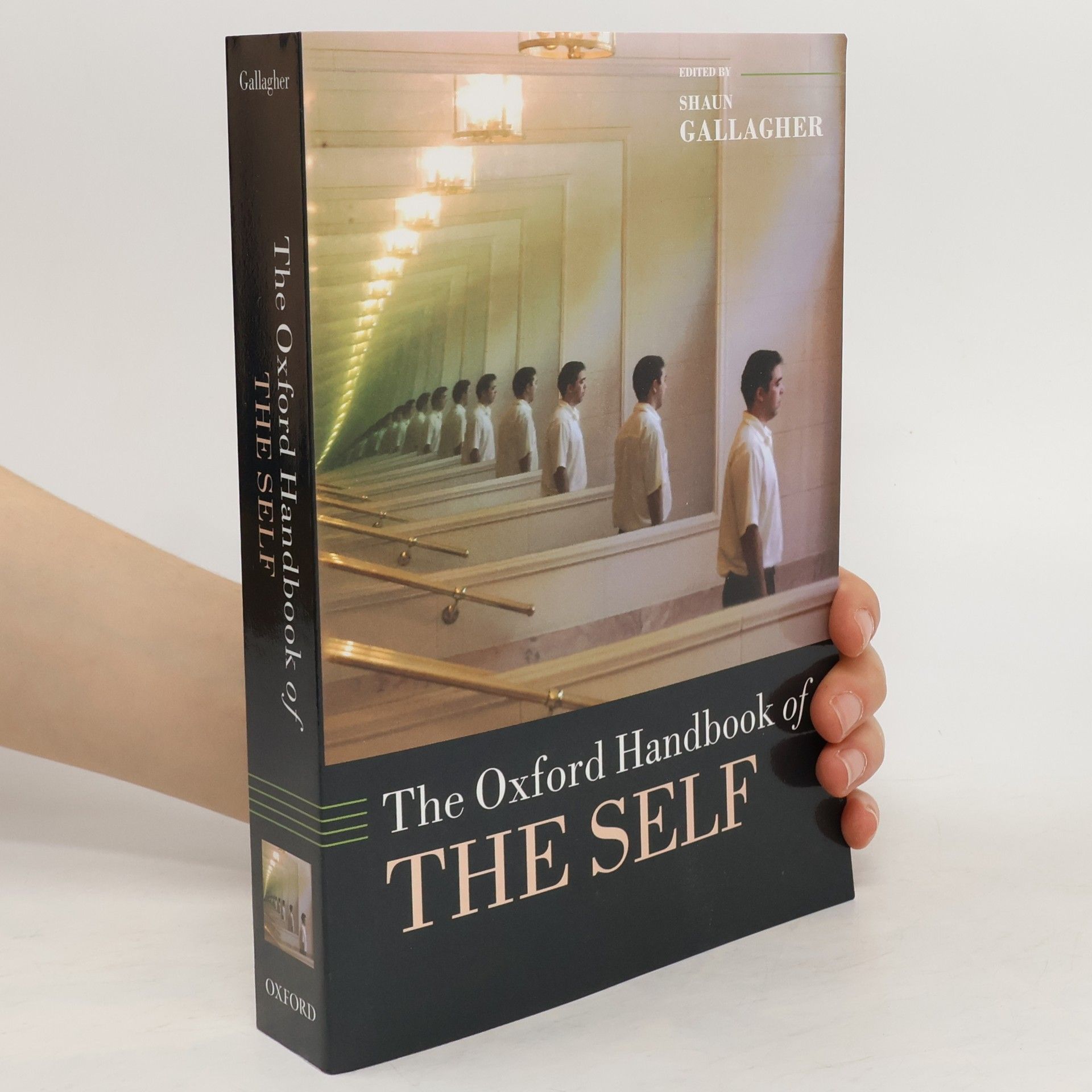This is the most authoritative and comprehensive guide ever published to the state of the art in philosophy of mind, a flourishing area of research. An outstanding team of contributors offer 45 new critical surveys of a wide range of topics.
Oxford Handbooks in Philosophy Serie
Questa serie funge da riferimento essenziale per chiunque si occupi di filosofia. Ogni volume presenta saggi originali scritti dai massimi studiosi, offrendo una panoramica completa degli argomenti chiave. È una risorsa indispensabile sia per gli accademici che per gli studenti laureati. La collezione fornisce approfondimenti su diverse discipline e metodologie filosofiche.
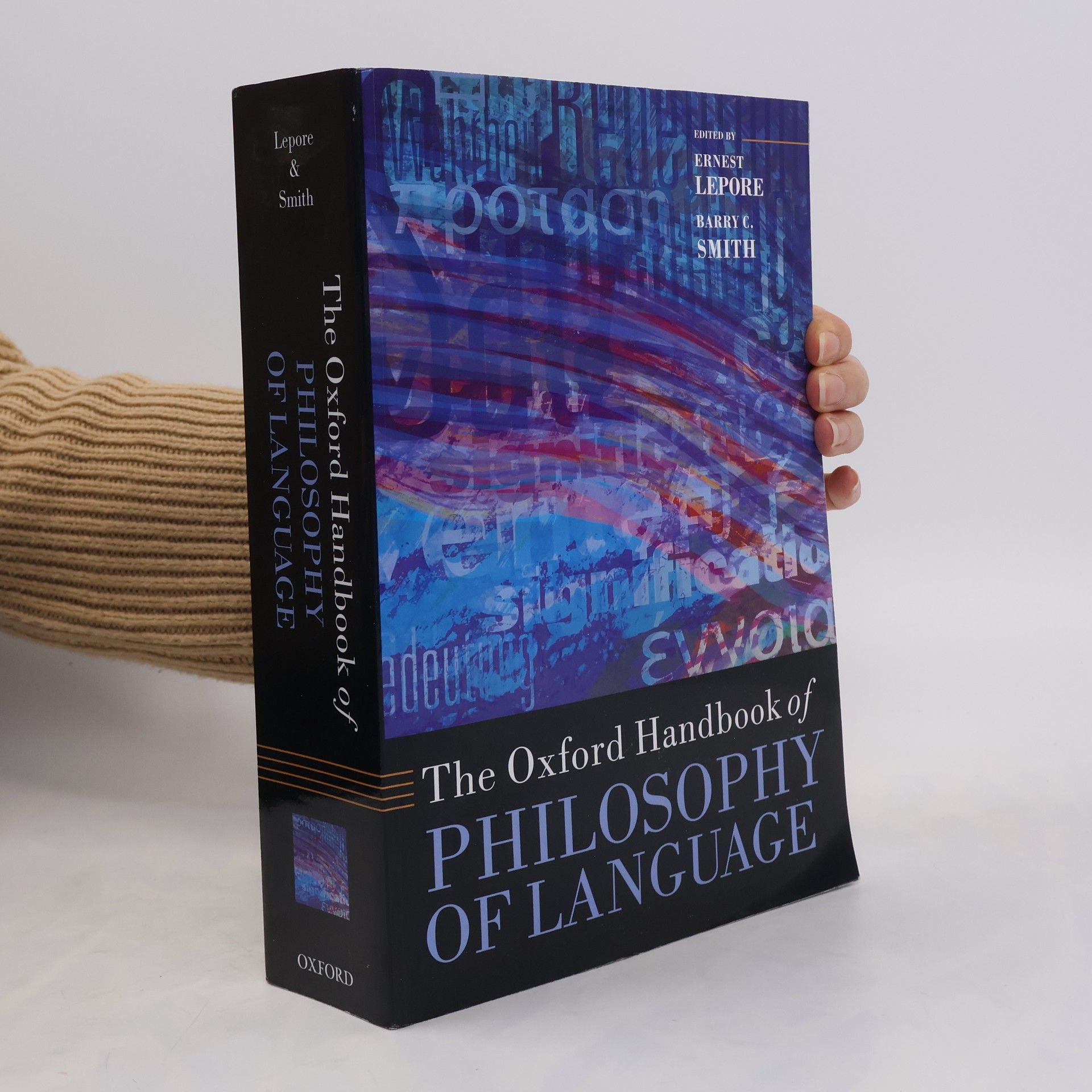



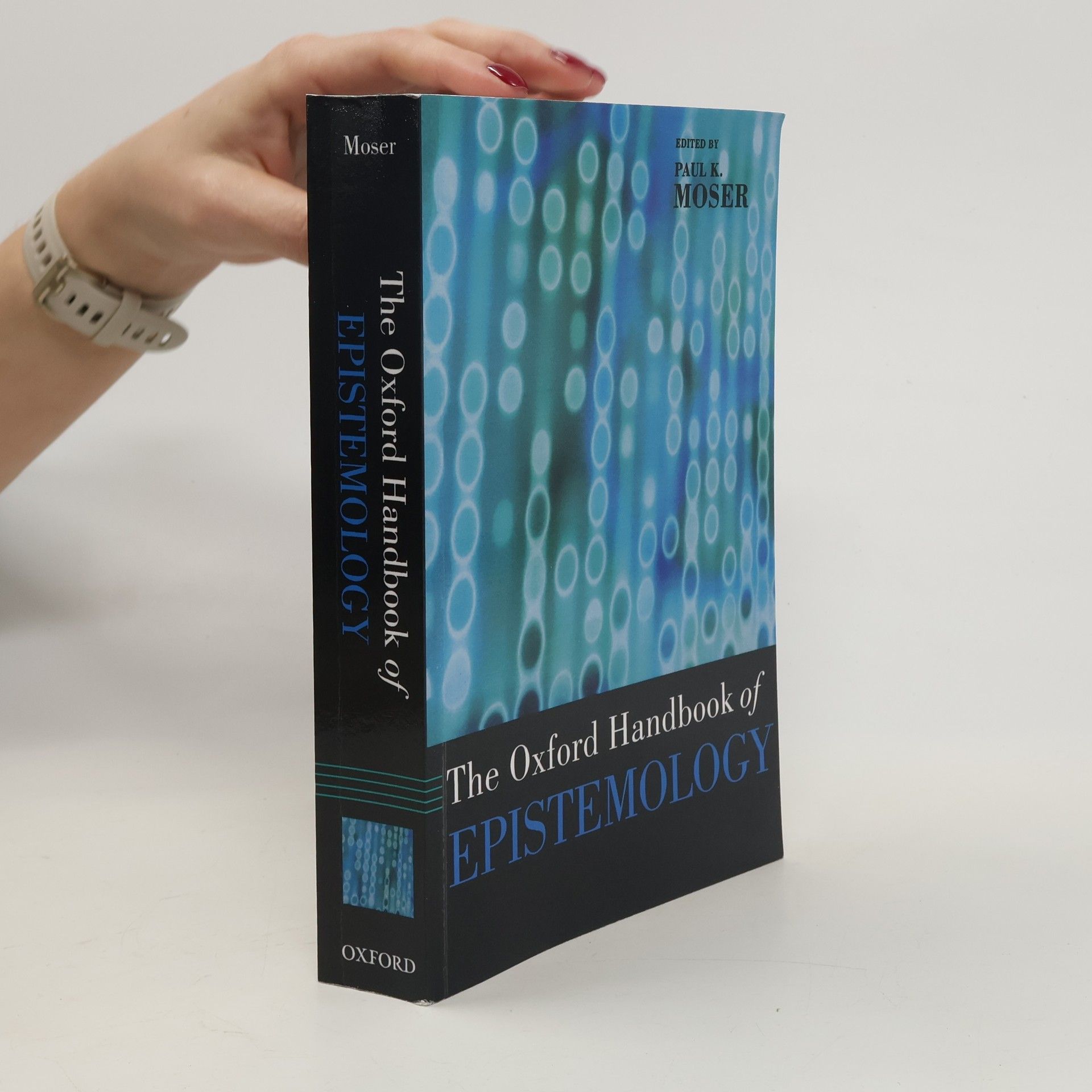
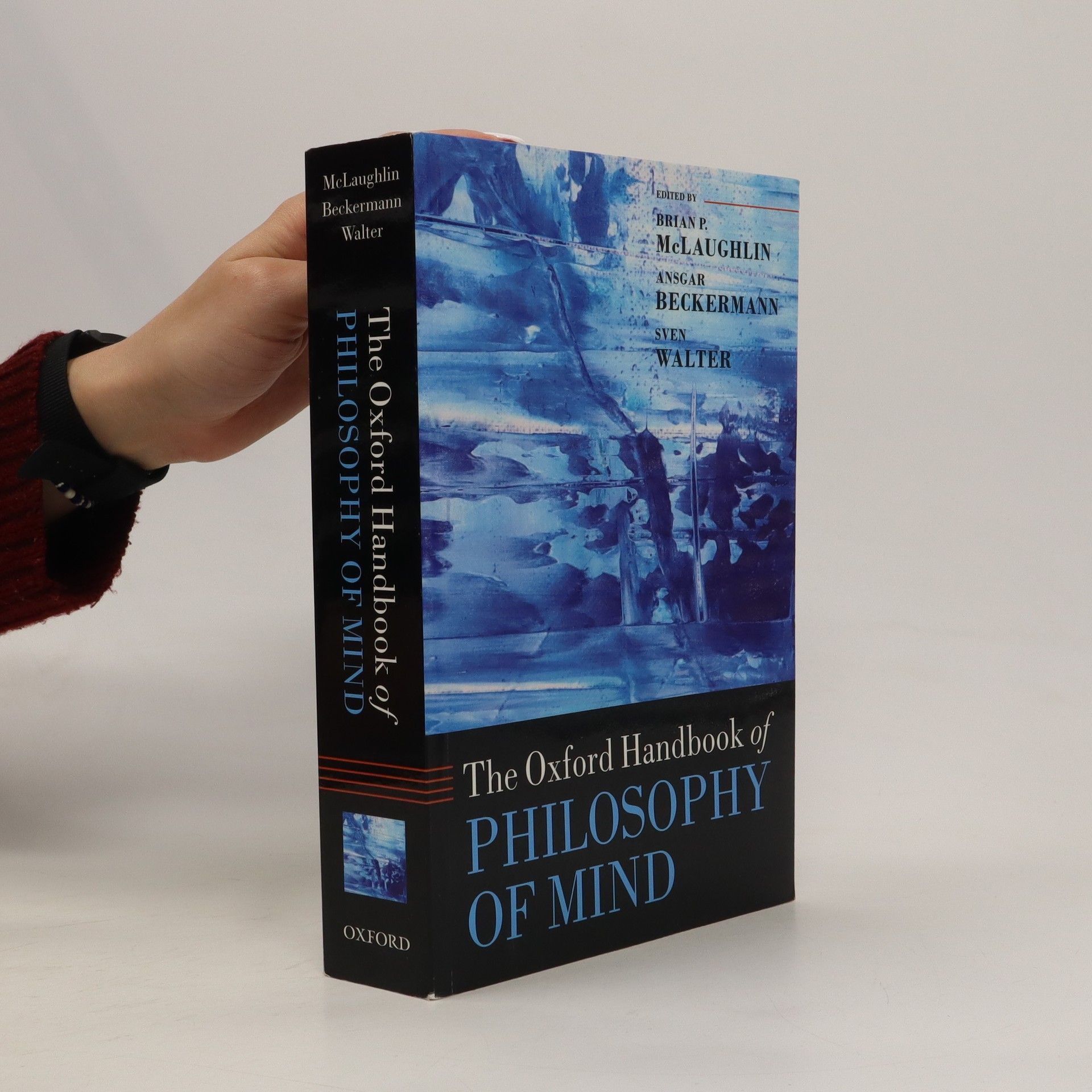
Ordine di lettura consigliato
The Oxford Handbook of Epistemology
- 595pagine
- 21 ore di lettura
The Oxford Handbook of Epistemology contains 19 previously unpublished chapters by today's leading figures in the field. These chapters function not only as a survey of key areas, but as original scholarship on a range of vital topics. Written accessibly for advanced undergraduates, graduate students, and professional philosophers, the Handbook explains the main ideas and problems of contemporary epistemology while avoiding overly technical detail.
The Oxford Handbook of Continental Philosophy (Paperback)
- 826pagine
- 29 ore di lettura
Focusing on the major themes of continental philosophy from the nineteenth and twentieth centuries, this handbook offers in-depth insights from a distinguished group of contributors. Edited by Brian Leiter and Michael Rosen, it serves as a comprehensive guide, exploring key ideas and movements within the continental European tradition.
THE OXFORD HANDBOOK OF PHILOSOPHY OF EMOTION
- 738pagine
- 26 ore di lettura
The Handbook offers thirty-one insightful contributions from leading philosophers on the nature of emotion, exploring its historical context and connections to reason, self, value, and art. It serves as an invaluable resource for researchers and advanced students alike, providing a comprehensive overview of contemporary discussions in the philosophy of emotion.
The Oxford Handbook of Philosophy of Religion
- 560pagine
- 20 ore di lettura
The Oxford Handbook of Philosophy of Religion contains newly commissioned chapters by 21 prominent experts who cover the field in a comprehensive but accessible manner. Each chapter is expository, critical, and representative of a distinctive viewpoint.
The Oxford Handbook of Philosophy of Language
- 1100pagine
- 39 ore di lettura
The definitive reference work for this diverse and fertile field: an outstanding international team contribute 41 new essays covering topics from the nature of language to meaning, truth, and reference, and the interfaces of philosophy of language with linguistics, psychology, logic, epistemology, and metaphysics.
The Oxford Handbook of Contemporary Phenomenology
- 619pagine
- 22 ore di lettura
The Oxford Handbook of Contemporary Phenomenology presents twenty-eight essays by some of the leading figures in the field, and gives an authoritative overview of the type of work and range of topics found and discussed in contemporary phenomenology. The essays aim to articulate and develop original theoretical perspectives. Some of them are concerned with issues and questions typical and distinctive of phenomenological philosophy, while others address questions familiar to analytic philosophers, but do so with arguments and ideas taken from phenomenology. Some offer detailed analyses of concrete phenomena; others take a more comprehensive perspective and seek to outline and motivate the future direction of phenomenology.The handbook will be a rich source of insight and stimulation for philosophers, students of philosophy, and for people working in other disciplines of the humanities, social sciences, and sciences, who are interested in the state of phenomenology today. It is the definitive guide to what is currently going on in phenomenology. It includes discussions of such diverse topics as intentionality, embodiment, perception, naturalism, temporality, self-consciousness, language, knowledge, ethics, politics, art and religion, and will make it clear that phenomenology, far from being a tradition of the past, is alive and in a position to make valuable contributions to contemporary thought.
The Oxford handbook of Nietzsche
- 792pagine
- 28 ore di lettura
An international team of scholars offer a broad engagement with the thought of Friedrich Nietzsche. They discuss the main topics of his philosophy, under the headings of values, epistemology and metaphysics, and will to power. Other sections are devoted to his life, his relations to other philosophers, and his individual works.
The Oxford Handbook of Metaphysics is a comprehensive guide featuring essays from 24 leading philosophers. It explores fundamental topics like identity, modality, time, causation, and freedom, offering critical insights and perspectives. This definitive reference is essential for students and academics in the field of philosophy.
The Oxford Handbook of Aesthetics
- 840pagine
- 30 ore di lettura
The Oxford Handbook of Aesthetics offers a comprehensive survey of original research at the intersection of philosophy and the arts. Edited by Jerrold Levinson, it features 48 new essays from leading scholars, providing critical insights into the theory, application, and history of aesthetics. Ideal for academics and students alike.
The Oxford Handbook of Philosophy of Mathematics and Logic
- 832pagine
- 30 ore di lettura
Mathematics and logic have been central topics of concern since the dawn of philosophy. Since logic is the study of correct reasoning, it is a fundamental branch of epistemology and a priority in any philosophical system. Philosophers have focused on mathematics as a case study for general philosophical issues and for its role in overall knowledge- gathering. Today, philosophy of mathematics and logic remain central disciplines in contemporary philosophy, as evidenced by the regular appearance of articles on these topics in the best mainstream philosophical journals; in fact, the last decade has seen an explosion of scholarly work in these areas.This volume covers these disciplines in a comprehensive and accessible manner, giving the reader an overview of the major problems, positions, and battle lines. The 26 contributed chapters are by established experts in the field, and their articles contain both exposition and criticism as well as substantial development of their own positions. The essays, which are substantially self-contained, serve both to introduce the reader to the subject and to engage in it at its frontiers. Certain major positions are represented by two chapters--one supportive and one critical.The Oxford Handbook of Philosophy of Math and Logic is a ground-breaking reference like no other in its field. It is a central resource to those wishing to learn about the philosophy of mathematics and the philosophy of logic, or some aspect thereof, and to those who actively engage in the discipline, from advanced undergraduates to professional philosophers, mathematicians, and historians.
A guide to today's most exciting research in academic philosophy with more than 30 distinguished scholars to contribute incisive and up-to-date critical surveys of the principal areas of research.
The Oxford Handbook of Free Will
- 658pagine
- 24 ore di lettura
This comprehensive reference provides an exhaustive guide to current scholarship on the perennial problem of Free Will--perhaps the most hotly and voluminously debated of all philosophical problems. While reference is made throughout to the contributions of major thinkers of the past, theemphasis is on recent research. The essays, most of which are previously unpublished, combine the work of established scholars with younger thinkers who are beginning to make significant contributions. Taken as a whole, the Handbook provides an engaging and accessible roadmap to the state of the artthinking on this enduring topic.
The Oxford Handbook of the Self
- 768pagine
- 27 ore di lettura
Research on the topic of self has increased significantly in recent years across a number of disciplines, including philosophy, psychology, psychopathology, and neuroscience. The Oxford Handbook of the Self is an interdisciplinary collection of essays that address questions in all of these areas. In philosophy and some areas of cognitive science, the emphasis on embodied cognition has fostered a renewed interest in rethinking personal identity, mind-body dualism, and overly Cartesian conceptions of self. Poststructuralist deconstructions of traditional metaphysical conceptions of subjectivity have led to debates about whether there are any grounds (moral if not metaphysical) for reconstructing the notion of self. Questions about whether selves actually exist or have an illusory status have been raised from perspectives as diverse as neuroscience, Buddhism, and narrative theory. With respect to self-agency, similar questions arise in experimental psychology. In addition, advancesin developmental psychology have pushed to the forefront questions about the ontogenetic origin of self-experience, while studies of psychopathology suggest that concepts like self and agency are central to explaining important aspects of pathological experience. These and other issues motivate questions about how we understand, not only " the self", but also how we understand our selves in social and cultural contexts.

